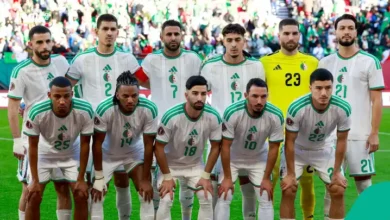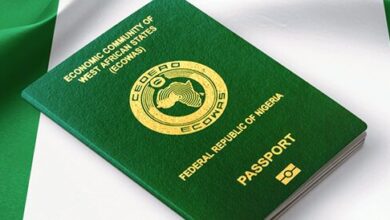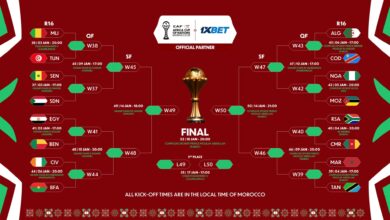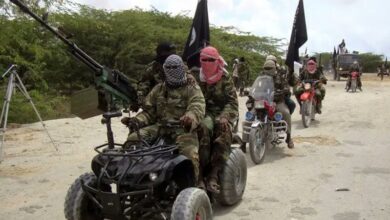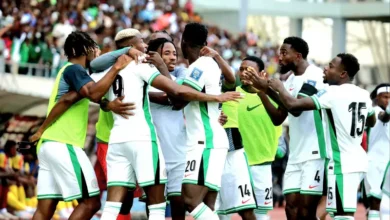
The Road to North America: Who’s Booked Their Place for the 2026 World Cup
As the 2026 FIFA World Cup fast approaches, several nations have already clinched their spots in what promises to be the most expansive and inclusive edition yet. A 48-team spectacle co-hosted by the United States, Mexico, and Canada. With qualification races wrapping up across several continents, here’s a breakdown of the teams that have stamped their ticket and what their journeys reveal about the shifting dynamics of world football.

Hosts and Early Favorites
United States, Mexico, Canada: The co-hosts automatically qualified, guaranteeing representation from all three host nations.
Their automatic inclusion underscores the growing influence and importance of the CONCACAF region in the global game.
South America (CONMEBOL) — Tradition Meets Powerhouse Performance
From South America comes a familiar cast of heavyweights: Argentina, Brazil, Ecuador, Uruguay, Colombia, Paraguay have all qualified via top finishes in CONMEBOL’s grueling qualifiers.
Brazil, as ever, remains a constant having maintained their perfect record of World Cup qualifications.
Argentina returns as reigning world champions, adding another layer of expectation on their campaign.
Asia (AFC) — A Mix of the Established and the New
Asia’s qualifiers reflect both continuity and historic firsts:
Japan continues its strong run, having qualified early.
Iran secured their place after a hard-fought draw in Tehran.
Two nations wrote new chapters: Uzbekistan and Jordan both qualified for their first-ever World Cup.
South Korea and Australia also made the cut, reinforcing the depth of Asian football.
Africa (CAF) — A Continental Surge
Africa has been particularly dynamic in this cycle, qualifying a record nine teams: Morocco, Tunisia, Egypt, Algeria, Ghana, Ivory Coast, Senegal, South Africa, Cape Verde.
Cape Verde’s qualification is one of the most remarkable stories: the island nation booked their first-ever World Cup spot.
Algeria, long-unable to return since their 2014 exit, returned in style, anchoring their campaign with a dominant performance.
Tunisia impressed defensively, not conceding a single goal through their qualifying campaign.
This surge of African representation reflects both rising standards on the continent and the advantages of an expanded World Cup format.
Europe (UEFA) — Powerhouses Lock In
Europe’s qualifying race has ended for many, and 12 group winners are now confirmed: Austria, Belgium, Croatia, England, France, Germany, Netherlands, Norway, Portugal, Scotland, Spain, Switzerland.
Scotland’s qualification, secured with a dramatic final-day win over Denmark, marks their return to the global stage after a long absence.
Meanwhile, perennial contenders like England, France, and Germany continue to show that Europe remains a breeding ground of elite national teams.
Oceania (OFC) — An Old Contender Returns
New Zealand clinched Oceania’s sole guaranteed spot, booking their place in the finals with a decisive qualifying win.
Their return marks a resurgence in a region that often sees its qualification hopes dashed in intercontinental playoffs.
Why This Matters: Big Picture Takeaways
1. Greater Global Reach
With 48 teams, the 2026 World Cup is bringing in nations that have long worked toward this stage: Uzbekistan, Jordan, Cape Verde highlighting how the game is growing in regions previously underrepresented.
2. African Football Rising
The depth of African qualifiers signals that the continent is not just exporting talent but building strong national sides. This could shift how competitive the World Cup is, especially in the group stages.
3. European Power Still Strong
Traditional European heavyweights remain dominant, but there is less room for error, only 12 of the 16 UEFA spots are through direct qualification, with the rest still to be decided via playoffs.
4. Home-Field Advantage and Spotlight
With three host nations, this World Cup may feel more regional, but the stakes are global. The hosts will bear massive expectations, especially the United States, which is still chasing its first World Cup title.
As qualification nears its climax, the 2026 World Cup already promises to be a tournament of historic firsts and renewed rivalries. Teams are not just preparing to show up — they’re preparing to make statements.





